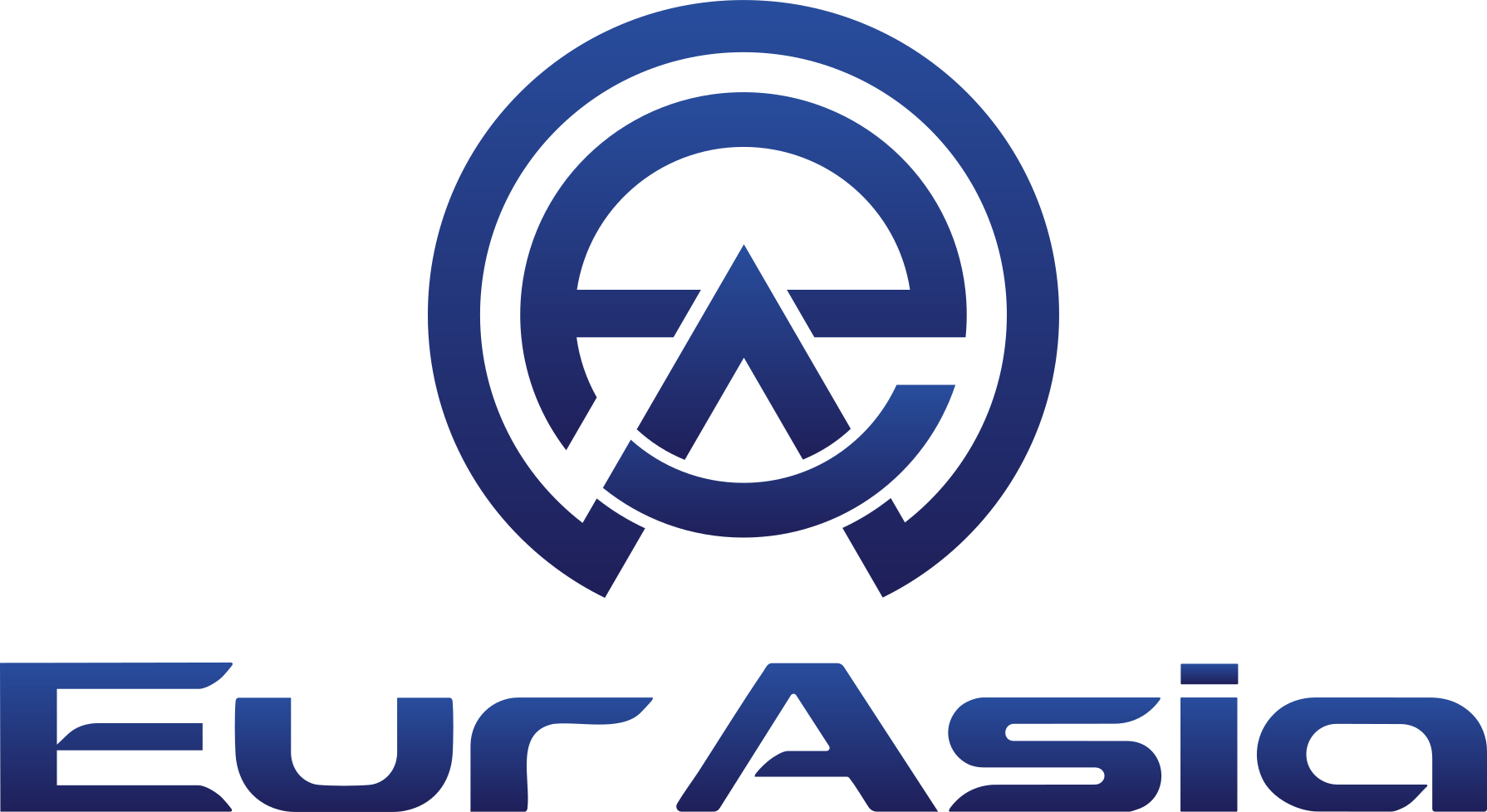Kuwait
Kuwait, officially known as the State of Kuwait, is a small yet influential country located at the tip of the Persian Gulf, bordered by Iraq and Saudi Arabia. Renowned for its vast oil reserves, Kuwait has developed a wealthy petroleum-based economy, making it one of the richest nations in the world. Here we provides an encyclopedic overview of Kuwait with a primary focus on its economy, business environment, and investment opportunities.
Economic Overview
Kuwait holds approximately 6% of the world's oil reserves, which significantly shapes its economy. The oil sector accounts for about 90% of government revenue and over 50% of its GDP. The Kuwaiti dinar (KWD) is the highest-valued currency globally, reflecting the country's wealth. In recent years, the economy has faced challenges, including a contraction of 8.9% in 2020 due to the COVID-19 pandemic, but it rebounded with an estimated growth of 8.7% in 2022 as oil prices surged following the Ukraine crisis.
Key Economic Indicators
- GDP: Approximately $305.5 billion in 2022.
- Inflation Rate: Varied between 1.5% to 15.8% in recent years, with a current rate around 6.9%.
- Foreign Direct Investment (FDI): Relatively low, with FDI inflows reaching about $4.5 billion from March 2015 to March 2023, and only $632 million in 2022.
Business Environment
Kuwait's business landscape is characterized by a mix of opportunities and challenges. The government has initiated several economic development plans, including the "Kuwait Vision 2035," aimed at diversifying the economy and reducing dependence on oil. This vision focuses on enhancing infrastructure, promoting private sector growth, and improving the overall business environment.
Key Sectors
- Oil and Gas: The backbone of the economy, with ongoing investments to increase production capacity.
- Financial Services: Kuwait boasts a robust financial sector, with the National Bank of Kuwait being one of the oldest and largest banks in the region. The country has a significant wealth management industry, managing assets primarily in the Gulf Cooperation Council (GCC) region.
- Manufacturing: The steel manufacturing sector is notable, with companies like KWT Steel catering to domestic construction demands.
- Renewable Energy: As part of its diversification strategy, Kuwait has invested in renewable energy projects, including the Shagaya Renewable Energy Park, aiming for a capacity of 4,000 MW.
Investment Opportunities
Kuwait has made strides to attract foreign investment, particularly through the Kuwait Direct Investment Promotion Authority (KDIPA), which offers incentives for foreign businesses. Key features of the investment environment include:
- Corporate Tax: A flat rate of 15% on corporate earnings, with no personal income tax, making it an attractive destination for businesses.
- Investment Law: Enacted in 2014, this law allows for 100% foreign ownership in certain sectors and offers potential tax exemptions for up to 10 years for qualifying projects.
- Free Trade Zones: Although currently restricted, these zones previously offered significant benefits such as tax exemptions and full foreign ownership.
Future Outlook
Kuwait's economic outlook remains cautiously optimistic. The GDP is projected to grow significantly between 2023 and 2028, driven by increased public investment and recovery in the oil sector. However, the need for structural reforms to enhance governance, increase competition, and diversify the economy remains critical for sustainable growth.
Conclusion
Kuwait stands at a crossroads, balancing its rich oil heritage with the pressing need for economic diversification. While the country has established a solid foundation for business and investment, overcoming challenges and enhancing the private sector's role will be crucial for realizing its ambitious economic goals. The ongoing reforms under Kuwait Vision 2035 and the commitment to sustainable development present a promising path forward for investors and businesses looking to engage in this dynamic market.
If you are interested in exploring business and investment opportunities in Kuwait, EurAsia Gulf is well-positioned to assist you. Our extensive network of connections within both government and private sectors allows us to provide you with valuable insights and guidance. Our team of experts is dedicated to offering tailored consultations to meet your specific needs.
For more information or to schedule a consultation, please feel free to contact us at info@eurasiagulf.org


